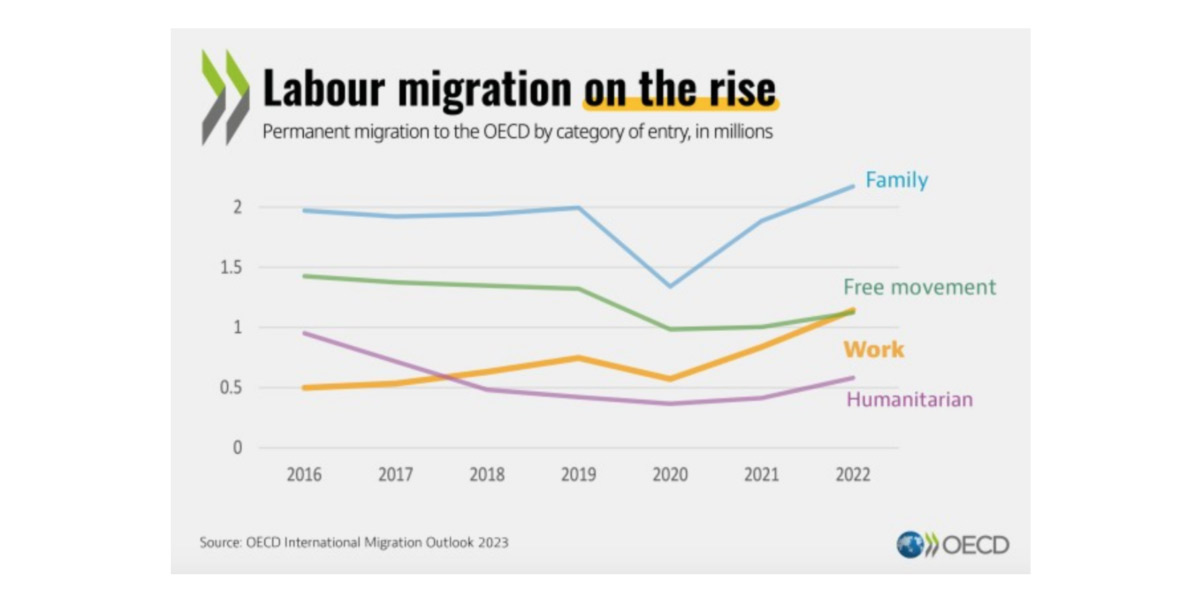COVID-19 exacerbated inequalities in life expectancy in Denmark
Social inequalities in mortality expanded during the COVID-19 pandemic in Denmark. Cosmo Strozza, Serena Vigezzi, Julia Callaway, and José Manuel Aburto quantified life expectancy changes in 2020 and 2021 and ... Read more
Global household trends: converging sizes, divergent structures
Household structures reflect and affect social, economic, and demographic dynamics. Albert Esteve and Maria Pohl use the new CORESIDENCE database to explore the transformation of households over the last five ... Read more
Low mortality drives population ageing in the long run
Higher survival, not low fertility, is the main long-term driver of population ageing. Adding some new elements to an old debate among demographers, Gustavo De Santis and Giambattista Salinari illustrate ... Read more
Leisure and fertility nexus among first-time mothers in Australia
In Australia, according to Ewa Jarosz, Anna Matysiak and Beata Osiewalska, mothers of one child are more likely to have a second birth if certain conditions are met, and notably ... Read more
Self-rated health trends by gender and race in the USA, 1972-2018
Are Americans feeling better or worse since the 1970s and does this pattern vary by gender and race? Jason L. Cummings explores U.S. trends in self-rated health inequalities over the ... Read more
Evaluating pronatalist policies with TFR brings misleading conclusions: examples from Hungary
In the prominent political debates about population decline and ageing, short-term changes in the period total fertility rate (TFR) are the main point of reference, even though they can be ... Read more
Did you know?
Permanent migration to OECD countries reached 6.1 million in 2022, a 26% increase compared with 2021, and its highest level since at least 2005. Rising labour migration was one contributing factor, as migrant workers have helped lower labour and skills shortages in OECD countries.
About N-IUSSP
N-IUSSP is a new IUSSP news magazine, which will disseminate scientific findings from demographic research carried out all over the world. The practical implications of current trends, the risks and potentialities of emerging situations, the pros and cons of specific laws are discussed in rigorous but plain language.
You are invited to contribute to this new publication: please check our guidelines and submit your 1000 word contribution to contact@niussp.org





